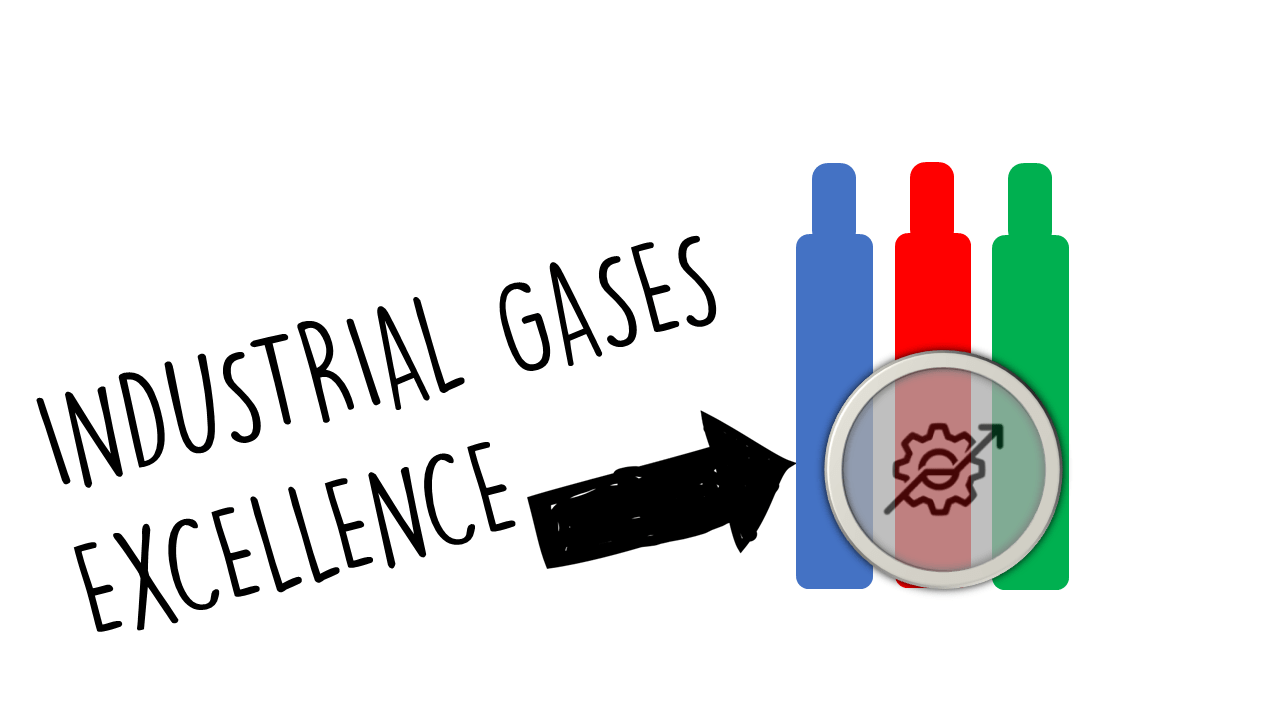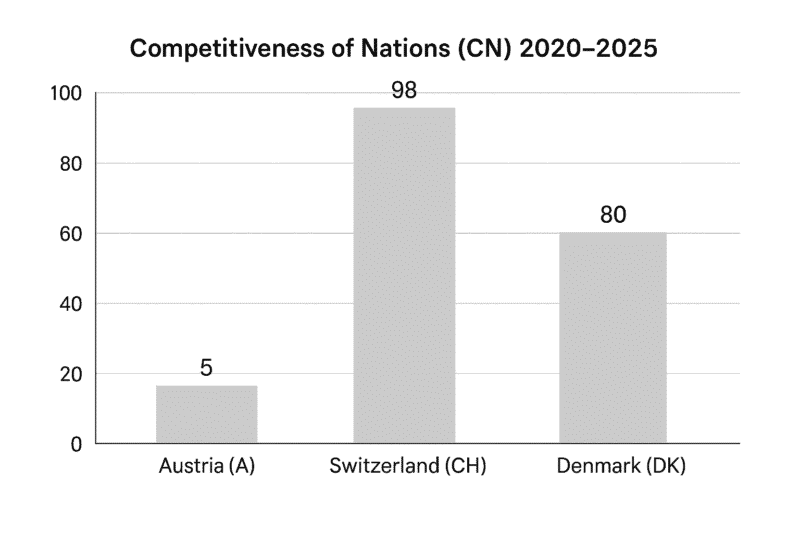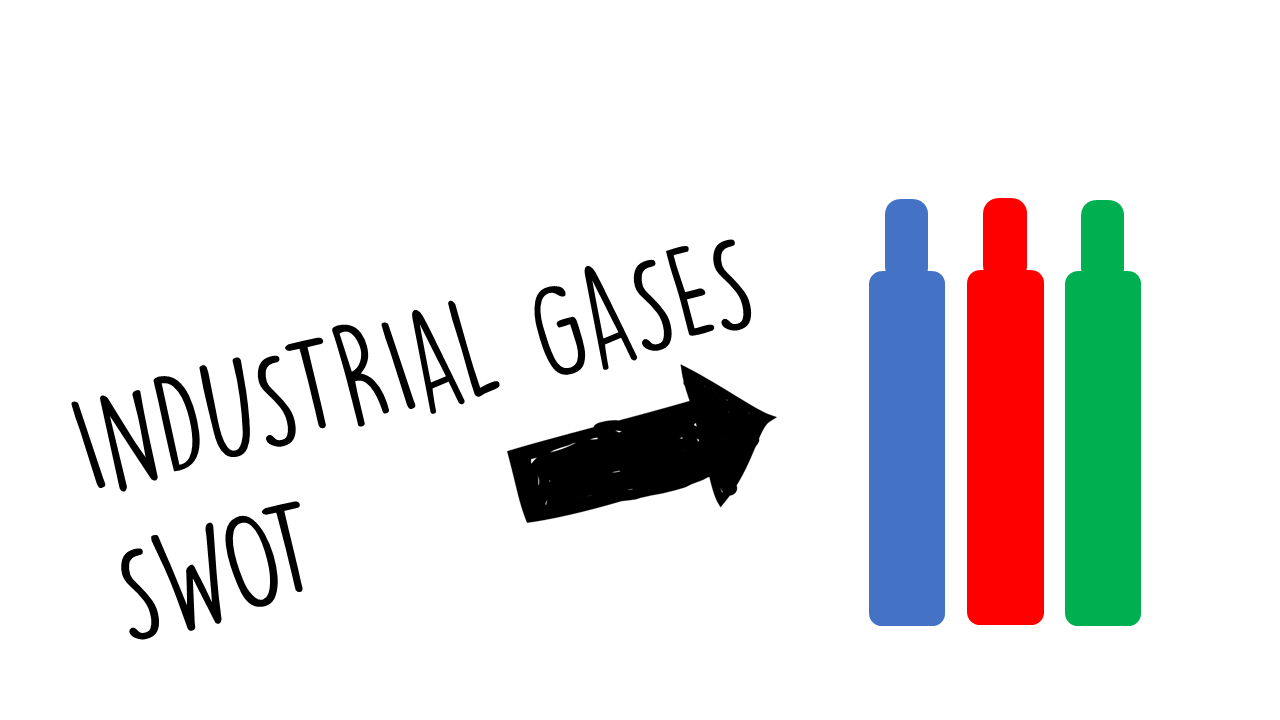ndustrial Gases Excellence : Franchising ; Framing, Re-Framing, Actions, Case Studies
 AI
AI
Industrial Gases Excellence: Franchising
Franchising in the industrial gases sector is a unique and less conventional model compared to more consumer-oriented franchises.
However, it can still play a critical role in enhancing efficiency, market reach, and operational excellence.
Below, we present a framework for understanding franchising in this context along with specific actions and relevant case studies.
Framework: Framing and Re-Framing
Framing: Defining the Franchise Model
- Standardization: Define key processes, technologies, and operational standards that franchisees must adhere to. This ensures consistency in product quality and service delivery.
- Brand Integrity: Establish a strong brand identity that franchisees can leverage, which is essential for customer trust and recognition in the industrial gases market.
- Training and Support: Set up comprehensive training programs for franchisees, ensuring they are well-equipped to operate within the franchise framework.
Re-framing: Adapting the Model
- Local Adaptation: Encourage franchisees to adapt to local market needs while adhering to core standards. This might involve partnerships with local industries or customization of gas mixtures for specific applications.
- Technology Integration: Emphasize the incorporation of innovative technologies such as digital supply chain management, data analytics, or customer relationship management (CRM) systems that align with the franchise operations.
- Sustainability Practices: Encourage franchisees to adopt sustainable practices, whether in production, distribution, or customer service, to enhance their appeal in a market increasingly focused on environmental responsibility.
Action Steps
Market Analysis
- Conduct thorough research to identify regions with growth potential for industrial gases. Evaluate local market needs, regulatory considerations, and competitive landscapes.
Operational Guidelines
- Develop a detailed operations manual that outlines everything from safety protocols to customer service standards. This will help franchisees maintain quality and safety.
Franchisee Selection
- Implement a rigorous selection process for potential franchisees. Assess their financial stability, industry knowledge, and business acumen to ensure they can meet the franchise standards.
Marketing Support
- Provide franchisees with marketing materials, promotional strategies, and digital marketing support to help them establish themselves in the local market effectively.
Performance Monitoring
- Establish KPIs and regular review meetings to assess franchisee performance. Offer ongoing support and guidance to help them achieve operational excellence.
Case Studies
Case Study 1: Praxair’s Franchise Partnerships
Background: Praxair implemented a franchising model focusing on the medical gases segment, allowing local distributors to operate under the Praxair brand.
Implementation:
- Standard Processes: Developed strict quality and safety standards to ensure that all medical gases produced and distributed met regulatory requirements.
- Local Expertise: Franchisees leveraged their local market knowledge, effectively navigating regulations and building relationships with healthcare providers.
Outcomes:
- Expanded reach into smaller markets without incurring significant fixed costs.
- Maintained brand integrity and ensured consistent quality of medical gas supply.
Case Study 2: Air Liquide’s Joint Ventures
Background: Air Liquide explored franchising through joint ventures with local companies in emerging markets.
Implementation:
- Co-investment: Shared financial obligations and risks while maintaining a degree of operational independence for local partners.
- Technology Transfer: Provided technological support and expertise to enable franchisees to produce specialty gases.
Outcomes:
- Quick market adaptation and penetration due to local partners’ knowledge.
- Reduced operational risks while building a strong local presence.
Case Study 3: Linde’s Regional Distribution Franchise
Background: Linde established a franchise model for regional distribution of industrial gases.
Implementation:
- Regional Focus: Selected franchisees based on their understanding of local industries that require specific and specialty gases.
- Training Programs: Developed training for franchisees on safe handling and distribution practices.
Outcomes:
- Improved customer service through localized relationships and faster response times.
- Enabled Linde to quickly scale operations into new geographic areas with reduced financial risks.
Conclusion
Franchising in the industrial gases sector presents a viable model for expanding market reach while maintaining operational excellence. By framing the franchise model around standardization, brand integrity, and extensive support, and by re-framing it to allow for local adaptation and innovation, companies can leverage franchising to enhance competitiveness and profitability in this evolving industry. The case studies provide concrete examples of how leading firms have successfully employed this model to navigate market complexities and drive excellence.





